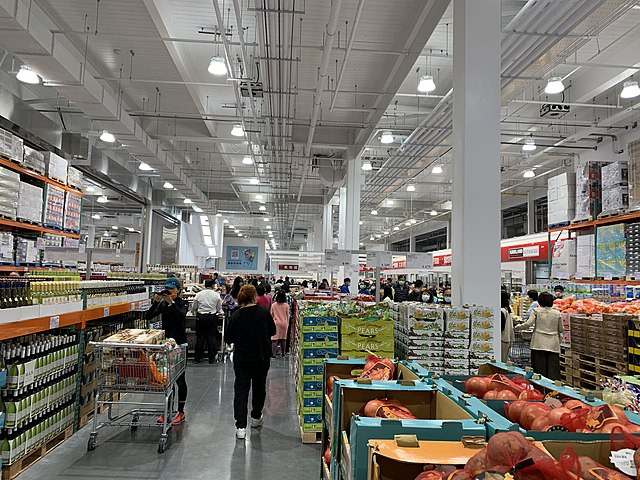U.S. wholesale prices unexpectedly declined in August, adding momentum to expectations that the Federal Reserve will deliver its first interest rate cut in nearly a year at its meeting next week.
The producer price index (PPI) fell 0.1% last month, the Bureau of Labor Statistics reported Wednesday. That compared with a downwardly revised 0.7% increase in July and a 0.3% rise expected by economists polled by Dow Jones. Core PPI, which strips out food and energy, also declined 0.1%. Excluding food, energy, and trade services, prices rose 0.3%.
The surprise drop pushed annual wholesale inflation down to 2.6% from 3.1% in July. Economists had forecast a 3.3% reading. The report comes one week before the Fed's Federal Open Market Committee is scheduled to announce its decision on rates.
Futures markets priced in a 100% probability that the Fed will cut rates this month. Investors welcomed the report, with S&P 500 futures up 0.5% and Nasdaq 100 futures up 0.57%. Treasury yields slipped before recovering modestly.
Services prices fell 0.2%, led by a 1.7% drop in trade services. Margins in machinery and vehicle wholesaling plunged 3.9%, pulling the index lower. "The tariff effect is not boosting across-the-board price pressures yet," said Christopher Rupkey, chief economist at FwdBonds. But he warned that "core producer goods prices are rising significantly at the producer level, so the country is not out of the woods from the inflation threat."
Goods prices edged up 0.1%, as food costs gained 0.1% while energy fell 0.4%. Tobacco products, affected by President Donald Trump's tariffs, rose 2.3%. Trump has pressed the Fed to reduce rates, arguing that tariffs are not inflationary and that cuts are necessary to support growth and offset higher borrowing costs tied to the national debt.
The Fed has been cautious, balancing easing price pressures with a weakening labor market. A Labor Department report this week revised job growth down by 911,000 for the year through March, stoking concerns about underlying economic strength. Average payroll gains slowed to just 29,000 per month over the summer.






